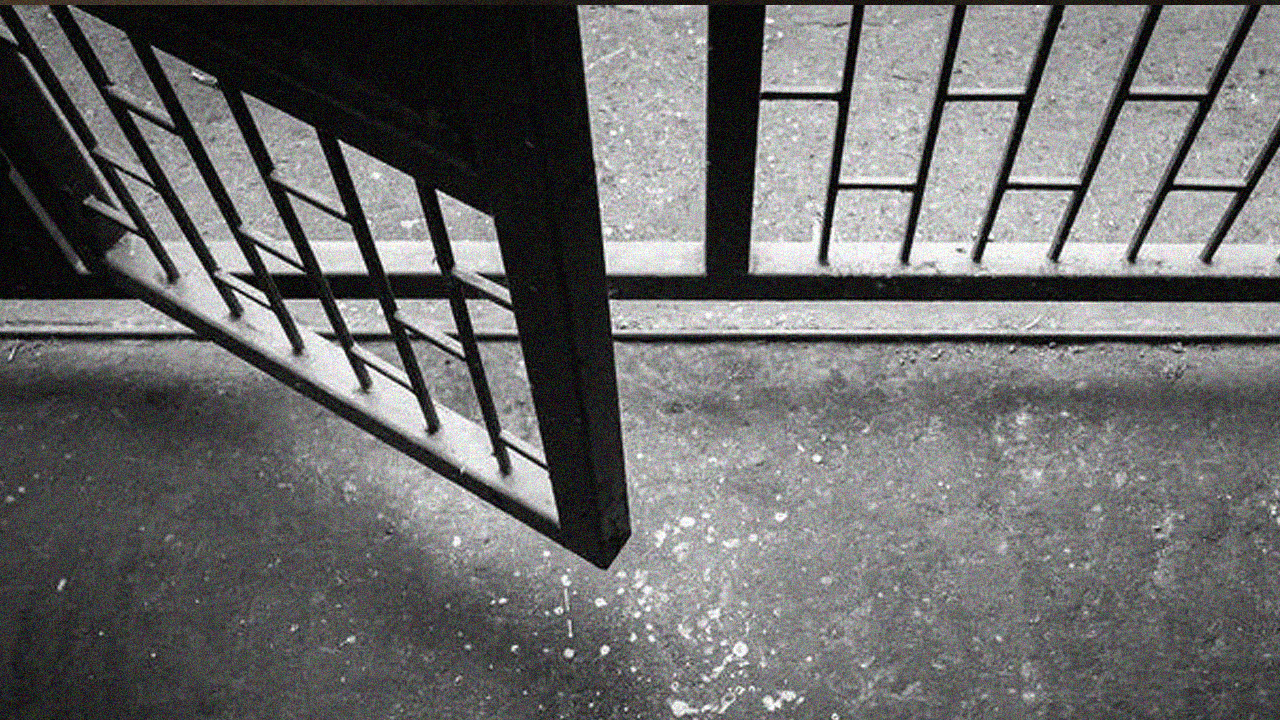
Contemplative Poetry
Have you ever thought of Jesus of Nazareth as a poet? I just asked a roomful of attendees on Sunday morning and got no takers. Truth is, we were not taught and don’t think of Jesus as poet. Jesus remains more or less an extension of ourselves: sharing enough of our values, attributes, and worldview to be comfortable. Truth is, Jesus was outrageously uncomfortable to his own people; how much more should he be to us?
The Sermon on the Mount, a compilation of Jesus’ core teachings probably used as a catechism for the early church, reads almost as if in code to our ears. Illogical nonsense. For two thousand years, the Western church has not known what to do with the Sermon, which is why the church has relied much more on the writings of Paul than the sayings of Jesus in building its theology and doctrine. Why?
Because the Sermon is poetry—first spoken in an ancient, poetic language twice removed from our own—and doesn’t play by literal, logical rules. And even if you could successfully argue that it’s not technically poetry, it functions as poetry just the same. Metaphor, symbolism, hyperbole, imagery, story, parable, unresolved paradox… Jesus is speaking as poet with the same mission as a poet: to point toward truth that can’t be directly uttered, to recreate sensations, evoke responses, and elicit the desire to engage our own experience, build our own conviction.
When we say that Jesus was a contemplative and a mystic—one who approaches God primarily through presence and not intellect—where can we find that recorded in the gospels? You won’t find the word contemplation anywhere in the bible, but it is evoked everywhere.
When Jesus points to birds in the air or a child at play, the almost frenetic activity completely focused only on the moment at hand is the mindfulness of contemplation. And the lesson not to worry, take thought of tomorrow because this day is sufficient on its own, brings the stillness of contentment home. When prayer is moved out of the marketplace into solitude, out of words and into silence, when we pray for the simplicity of the bread of our need this day, we are called to all that contemplation is.
Jesus as poet frees us from our minds to become poets ourselves, if not in word, in deed and attitude. Until we start to read Jesus as a poet, we will miss the core of his teaching in a fog of literalism. And miss seeing the world through his Father’s eyes.





